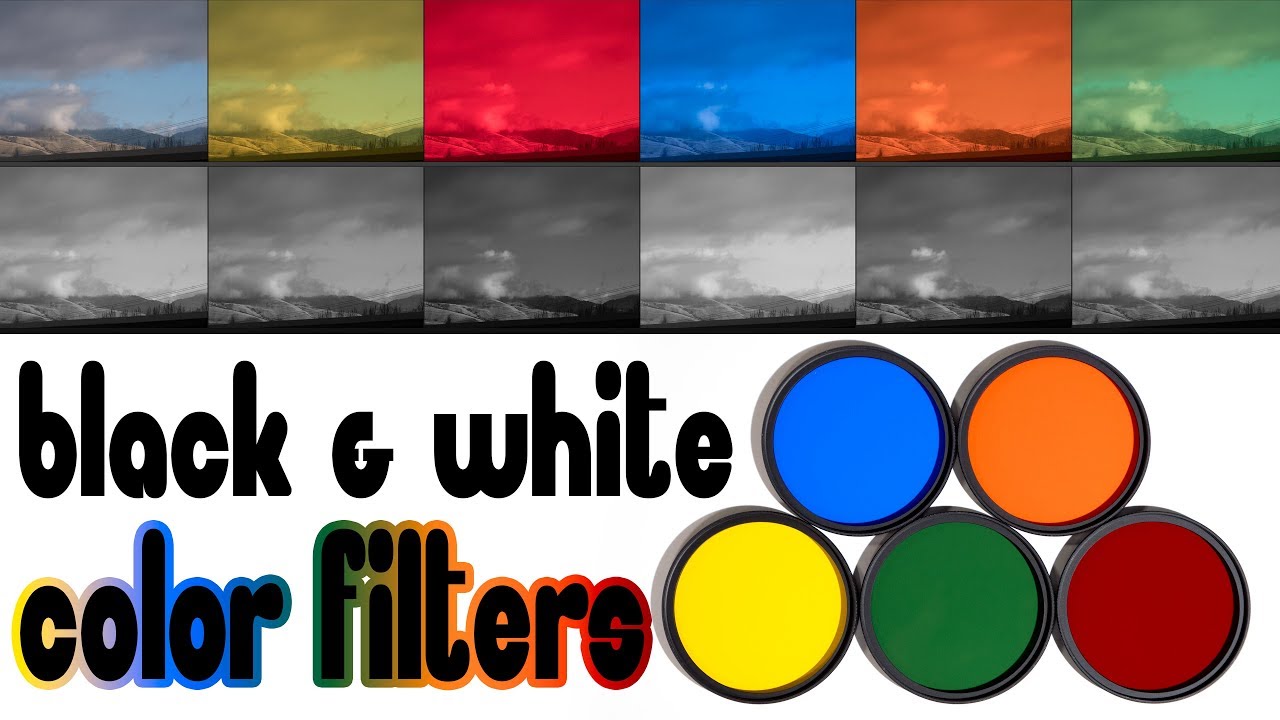The Role of Color Filters in Photography
Color filters modify light wavelengths to enhance image quality by correcting color casts, improving contrast, and reducing unwanted glare. They are crucial for achieving accurate colors and creative effects in various lighting conditions.
Key Types of Color Filters
- UV Filters: Block ultraviolet light to reduce haze and protect lenses without altering colors.
- Polarizing Filters: Minimize reflections and boost color saturation in skies and water.
- Neutral Density (ND) Filters: Control exposure by reducing light intensity for long exposures.
- Color Correction Filters: Adjust for specific light sources (e.g., 80A for tungsten to daylight correction).
- Color Enhancing Filters: Intensify hues in nature shots (e.g., red for autumn scenes).
Selecting the Best Color Filter
Evaluate based on shooting scenarios:
- For landscapes, use a polarizing filter to enhance skies and foliage.
- In mixed lighting, choose color correction filters for accurate skin tones.
- When shooting water or glass, a polarizing filter minimizes reflections.
Consider factors like filter quality (multi-coated glass prevents flare), and match filter types to your camera setup for consistent results.

Practical Application Tips
Test filters during golden hour for optimal light. For portraits, avoid over-saturation; aim for natural correction. Clean filters regularly to maintain image sharpness, and rotate polarizers to control glare effectively.









